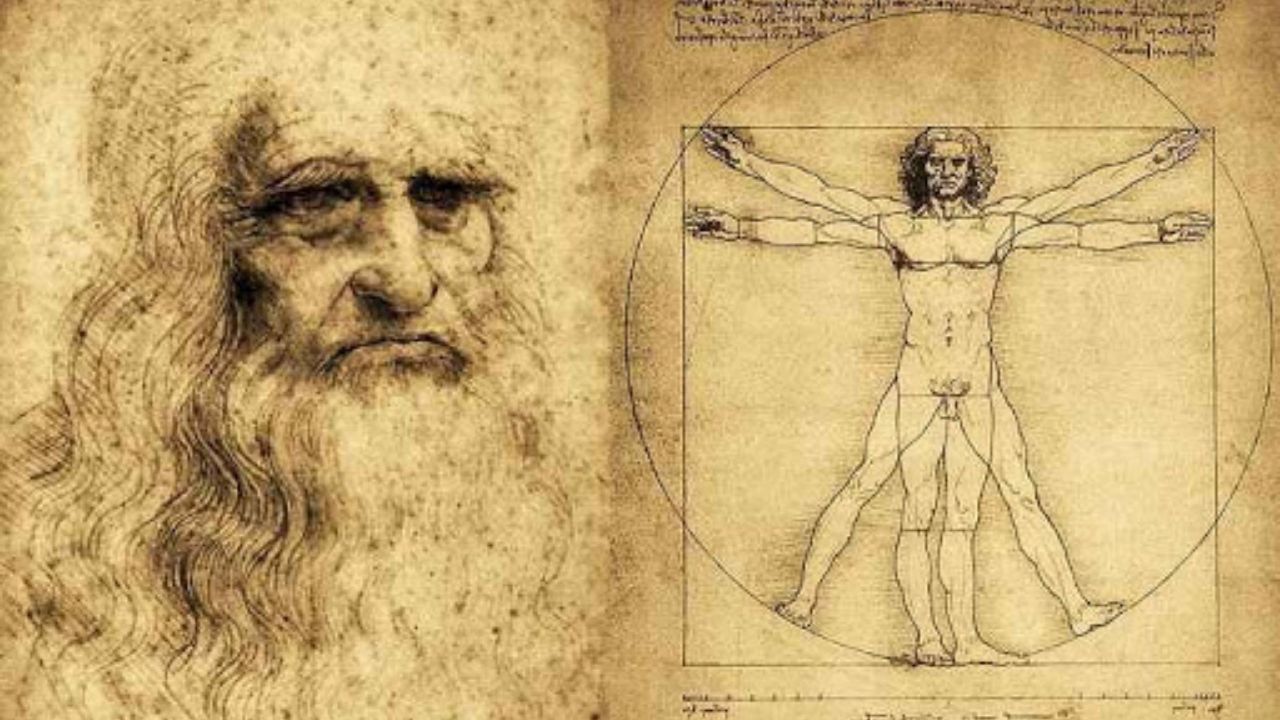
What can we learn from Leonardo da Vinci's way of thinking?
Owner of a restless and curious mind, he was interested in the most different areas and discovered new meanings in the most common scenes.
A typical Leonardo da Vinci day included tasks such as taking measurements of Milan and its suburbs; ask the arithmetic master to teach you how to square the triangle; ask someone how it is possible to walk on ice in Flanders; seek the measurements of the Sun; and (whew !!) describe the woodpecker's tongue. This is what his biographer Walter Isaacson tells us.
Among the questions that made Da Vinci sleepy was: why are fish in water more agile than birds in the sky when it should be the other way around, since water is heavier and denser than air?
As his notes show, Da Vinci's genius is not the result of chance, but of a set of skills, habits and attitudes: being curious and observant, finding new meanings in what is common and routine, being interested in subjects from different areas , search for information directly at the source, talk to several people and enjoy the cultural richness and diversity of its ecosystem, test and experiment.
These are all important attitudes, whether in 15th century Florence, where Da Vinci lived, or in 21st century Silicon Valley, a reference for today's entrepreneurs. The combination of technique and imagination, art and science, reason and emotion helped to build Da Vinci's legacy and can also be a clue to the profile of the new professional, capable of dealing with complexity and change and leading business, processes and people.
Long before we use the word mindset, Da Vinci has already demonstrated how a curious mind, an interdisciplinary vision and a network rich in collaboration and learning are fundamental to business and career development.
Source: http://beehavior.com.br/aprender-com-mindset-davinci/
